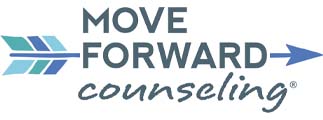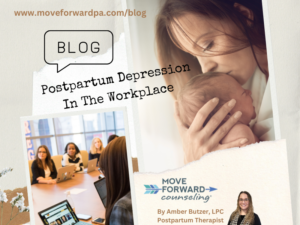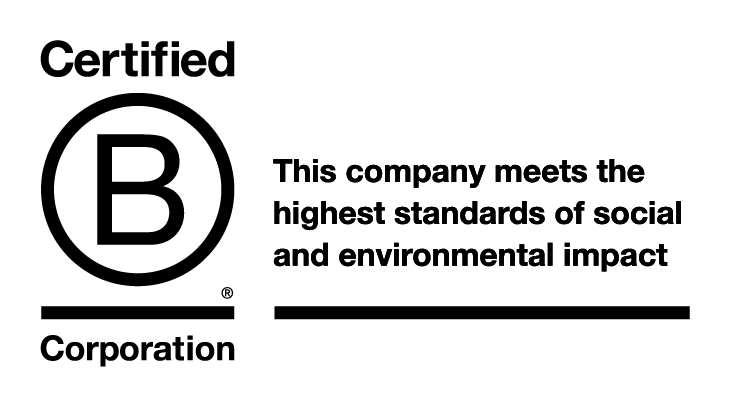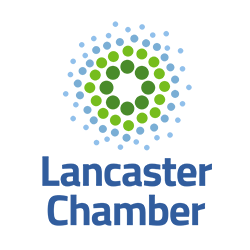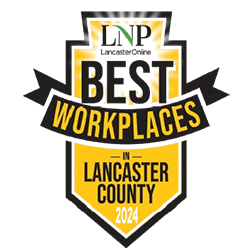If you have stumbled upon this page it is probably because you are considering, or are already, taking part in some type of talk therapy. You may have heard about some of the many types of therapy, particularly Cognitive Behavioral Therapy (CBT), and wondered what exactly it entails and how it may be able to help you.
At Move Forward, we understand how confusing navigating the therapy world can be with all the different names being thrown about — solution-focused, CBT, Dialectical Behavioral Therapy, and many others. That is why we have put together this post highlighting everything you need to know about CBT.
What is CBT?
CBT is a solutions-oriented form of therapy, typically used to help clients manage or change specific behavioral and/or thought patterns. It is based on the belief that the way you think about things impacts your emotions and therefore your actions. For example, you might think that you aren’t worthy of being in a romantic relationship leading you to unintentionally sabotage your relationships. Or maybe, you have a debilitating fear of spiders because you have many thoughts about how they will harm you.
CBT is the practice of modifying those thoughts, leading to alterations in your feelings, and ultimately your actions. CBT teaches you to stop believing everything you think. Just because you think something doesn’t mean it’s true. False thoughts lead to negative emotions that in turn drive unproductive, self-harming behaviors. Cognitive-Behavior treatment can help change the way you think about things, leading to positive impacts in your life—if you are willing to put in the effort.

How is CBT different than traditional talk therapy?
CBT is more structured. It is usually more short-term than traditional talk therapy with a plan for each session, rather than the off-the-cuff trend talk therapy can sometimes take. The plan is developed by the therapist and client when they first meet and geared more towards goal setting. It involves lots of teamwork and collaboration from both the therapist and client.
Talk therapy is often aimed at helping clients to figure out what some of their issues may be while exploring past and present. CBT is directed more towards the client who knows what they want to change and tends to focus more on the present time.
How does CBT work?
At Move Forward, our therapists work directly with clients to identify goals and determine what thought and behavior patterns are limiting them.
Once destructive thoughts and behaviors have been identified, our counselors will work with you to replace those negative patterns with positive ones. CBT takes action on your part as a client. You have to actively participate and put in the effort to learn how to think and behave differently.
Sessions are aimed at being practical and educational. The average number of CBT sessions is between 8 and 16, depending on your individual needs. You will have some homework, though. Your therapist will teach you how to change your emotions and behavior but you will need to practice applying those principles in real life.
In the end, you will be equipped to identify problems and accept them so that you can be in a better state of mind to deal with life’s challenges productively.

Who can benefit from CBT?
This type of therapy has been proven effective in treating a variety of conditions. It is a popular treatment for those struggling with mild to moderate depression. Other treatments are recommended for those with severe depression since CBT does require the client to be actively involved—something that is very difficult with severe depression.
It can also be a huge help for those struggling with anxiety, phobias, Obsessive-Compulsive Disorder, Post-Traumatic Stress Disorder, Attention-Deficit Disorder, eating disorders, personality disorders, and substance abuse. It can be effective across all age groups.
Can you receive CBT online?
Research shows that CBT treatments performed online were successful, in some cases more so than in-person, at reducing anxiety and depression symptoms. Online therapy can be a safe and effective way to receive the mental health care you need to make healthy changes in your life. Being able to do sessions from the comfort of your home can reduce stress, keep clients safe and healthy, and increase overall relaxation. It also allows those in more rural areas of Pennsylvania to have more access to care, such as those living in Strasburg, New Hope, Farmington, Glen Rock, and Tionesta areas of the state.
For tips on how to make the most of your online session, read our post here.
More Information
If you have more questions about CBT and whether it is a good fit for you consider reaching out to Move Forward’s administrative assistant to schedule a visit. During your intake sessions, a licensed counselor or therapist will identify a potential plan that may help you to reach your goals.
Ready to begin counseling in Pennsylvania?
Our professionally-trained and licensed counselors have openings. Just call our office at 717-462-7003×1 and speak to our administrative assistant. Get started to feeling better today. You can get the tailored help you need right now. We are here for you.
